This is paragraph text. Double click here to edit and add your own text.
This is paragraph text. Double click here to edit and add your own text.
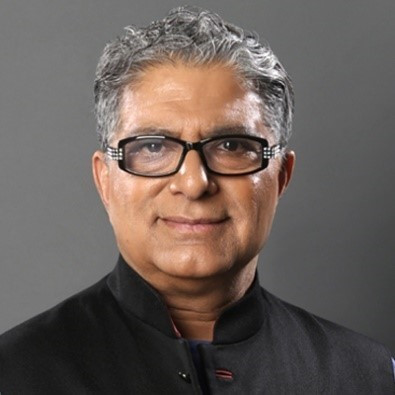
Deepak Chopra is an Indian-American author and alternative-medicine advocate. A prominent figure in the New Age movement, his books and videos have made him one of the best-known and wealthiest figures in alternative medicine. Chopra believes that a person may attain "perfect health", a condition "that is free from disease, that never feels pain", and "that cannot age or die".[12][13] Seeing the human body as undergirded by a "quantum mechanical body" composed not of matter but of energy and information, he believes that "human aging is fluid and changeable; it can speed up, slow down, stop for a time, and even reverse itself," as determined by one's state of mind.
Author: The Seven Spiritual Laws of Success
Favorite Excerpt:
THE LAW OF DETACHMENT
In detachment lies the wisdom of uncertainty...in the wisdom of uncertainty lies freedom from our past, from the unkown, which is the prison of past conditioning.
And in our willingness to step into the unknown, the field of all possibilities, we surrender ourselves to the creative mind that orchestrates the dance of the universe.

Julian Patrick Barnes (born 19 January 1946) is an English writer. Barnes won the Man Booker Prize for his book The Sense of an Ending (2011), and three of his earlier books had been shortlisted for the Booker Prize: Flaubert's Parrot (1984), England, England (1998), and Arthur & George (2005). He has also written crime fiction under the pseudonym Dan Kavanagh.[1] In addition to novels, Barnes has published collections of essays and short stories. In 2004 he became a Commandeur of L'Ordre des Arts et des Lettres. His honours also include the Somerset Maugham Award and the Geoffrey Faber Memorial Prize.
Author: The Sense of an Ending
Favorite Excerpt:
We live in time – it holds us and moulds us – but I’ve never felt I understood it very well. And I’m not referring to theories about how it bends and doubles back, or may exist elsewhere in parallel versions. No, I mean ordinary, everyday time, which clocks and watches assure us passes regularly: tick-tock, click-clock. Is there anything more plausible than a second hand? And yet it takes only the smallest pleasure or pain to teach us time’s malleability. Some emotions speed it up, others slow it down; occasionally, it seems to go missing – until the eventual point when it really does go missing, never to return.
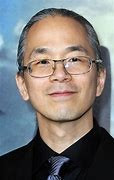
Ted Chiang is an American science fiction writer. His work has won four Nebula awards, four Hugo awards, the John W. Campbell Award for Best New Writer, and four Locus awards. His short story, "Story of Your Life", was the basis of the film Arrival. He is also artist in residence at the University of Notre Dame.
Author: Exhalation
Favorite Excerpt:
I was a proponent of the competing school of thought, which held that our memories were stored in some medium in which the process of erasure was no more difficult than recording: perhaps in the rotation of gears, or the positions of a series of switches. This theory implied that everything we had forgotten was indeed lost, and our brains contained no histories older than those found in our libraries.
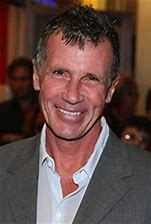
Michael Cunningham (born November 6, 1952)[2] is an American novelist and screenwriter. He is best known for his 1998 novel The Hours, which won the Pulitzer Prize for Fiction and the PEN/Faulkner Award in 1999. Cunningham is a senior lecturer of creative writing at Yale University. The Hours established Cunningham as a major force in the American writing sphere, and his 2010 novel, By Nightfall, was also well received by U.S. critics. Cunningham edited a book of poetry and prose by Walt Whitman, Laws for Creations, and co-wrote, with Susan Minot, a screenplay adapted from Minot's novel Evening.
Author: The Hours
Favorite Excerpt:
Patches of sky shine in puddles left over from last night's rain. Her shoes sink slightly into the soft earth. She has failed, and now the voices are back, muttering indistinctly just beyond the range of her vision, behind her, here, no, turn and they've gone somewhere else. The voices are back and the headache is approaching as surely as rain, the headache that will crush whatever is she and replace her with itself. The headache is approaching and it seems (is she or is she not conjuring them herself?) that the bombers have appeared again in the sky. She reaches the embankment, climbs over and down again to the river.
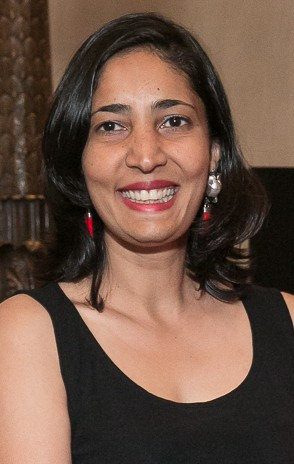
Kiran Desai (born 3 September 1971) is an Indian author. Her novel The Inheritance of Loss won the 2006 Man Booker Prize and the National Book Critics Circle Fiction Award. In January 2015, The Economic Times, India's leading business publication, listed her as one of 20 "most influential" global Indian women. Her first novel, Hullabaloo in the Guava Orchard, was published in 1998 and received accolades from such notable figures as Salman Rushdie. It won the Betty Trask Award, a prize given by the Society of Authors for the best new novels by citizens of the Commonwealth of Nations under the age of 35.
Author: The Inheritance of Loss
Favorite Excerpt:
All day, the colors had been those of dusk, mist moving like a water creature across the great flanks of mountains possessed of ocean shadows and depths. Briefly visible above the vapor, Kanchenjunga was a far peak whittled out of ice, gathering the last of the light, a plume of snow blown high by the storms at its summit.
Her second book, The Inheritance of Loss, (2006) was widely praised by critics throughout Asia, Europe and the United States. It won the 2006 Man Booker Prize, as well as the 2006 National Book Critics Circle Fiction Award.[2]
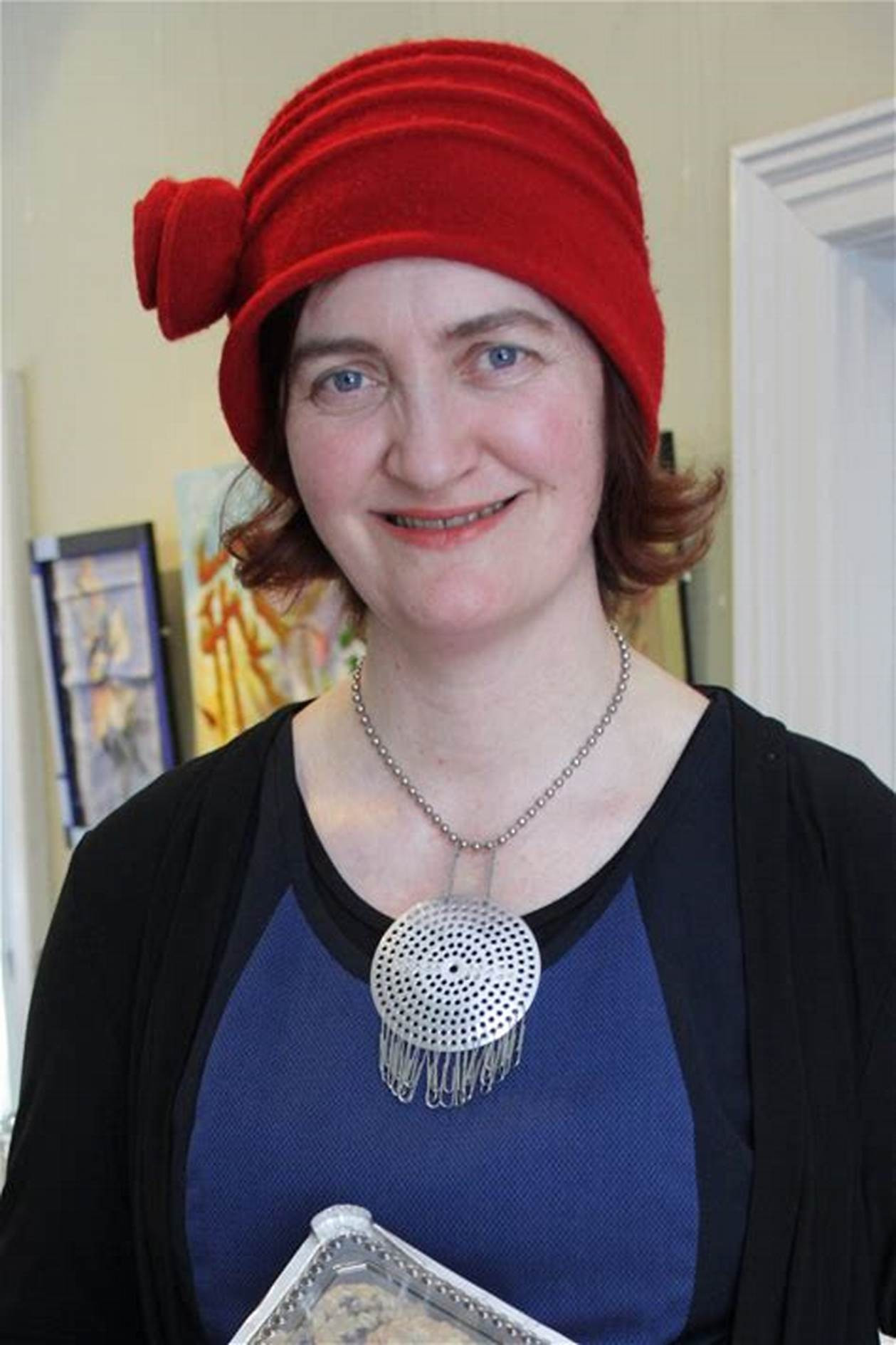
Emma Donoghue (born 24 October 1969) is an Irish-Canadian playwright, literary historian, novelist, and screenwriter. Her 2010 novel Room was a finalist for the Man Booker Prize and an international best-seller. Donoghue's 1995 novel Hood won the Stonewall Book Award and Slammerkin (2000) won the Ferro-Grumley Award for Lesbian Fiction. She is a 2011 recipient of the Alex Awards. Room was adapted by Donoghue into a film of the same name. For this, she was nominated for the Academy Award for Best Adapted Screenplay.
Author: The Wonder
Favorite Excerpt:
Flat fields striped with dark foliage. Sheets of reddish-brown peat; wasn’t bog land known to harbour disease? The occasional grey remains of a cottage, almost greened over. Nothing that struck Lib as picturesque. Clearly the Irish Midlands were a depression where wet pooled, the little circle in a saucer.
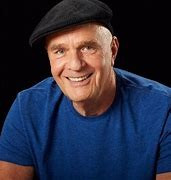
Wayne Dyer was born in Detroit, Michigan, to Melvin Lyle Dyer and Hazel Irene Vollick. He spent much of his first ten years in an orphanage on the east side of Detroit, after his father walked out on the family, leaving his mother to raise three small boys. After graduating from Denby High School, Dyer served in the United States Navy from 1958 to 1962. He received his Ed.D. degree in counseling from Wayne State University. His Dyer, a Detroit native, worked as a high school guidance counselor there and as a professor of counseling psychology at St. John's University in New York City. He pursued an academic career, published in journals, and established a private therapy practice. His lectures at St. John's University, which focused on positive thinking and motivational speaking techniques, attracted many students. A literary agent persuaded Dyer to document his theories in his first book, called Your Erroneous Zones (1976). Dyer proceeded to build on his success with lecture tours, a series of audiotapes, PBS programs, and regular publication of new books. Dyer's message resonated with many in the New Thought Movement and beyond. He often recounted anecdotes from his family life and repeatedly used his own life experience as an example. His self-made man success story was a part of his appeal.
Author: Excuses Be Gone
Favorite Excerpt:
You originated in a world of abundance, which you unquestionably have the ability to access. Whenever you discourage yourself with thoughts that your financial situation is preventing anything from appearing, that’s an excuse. If you instead decide to bring abundance awareness into your consciousness, you’ll shift your thoughts from I can’t afford it to Whatever I need in the form of assistance to guide me in the direction of my life is not only available, but is on its way. You’ll then consciously watch for the necessary funding to show up, but you’ll also be reminding yourself to believe that you have the ability to use abundance to elevate your life.
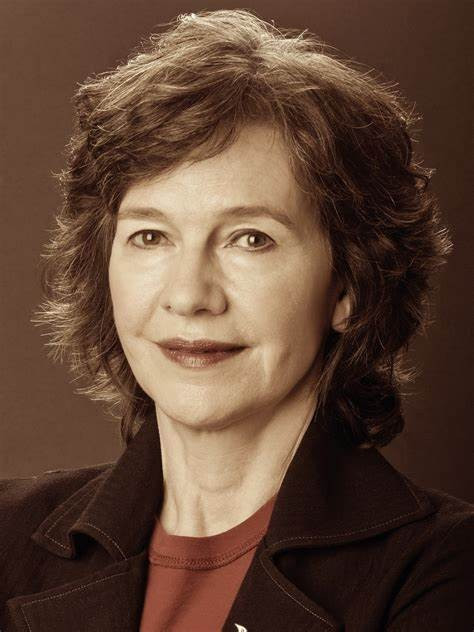
Louise Erdrich is an American author, writer of novels, poetry, and children's books featuring Native American characters and settings. She is an enrolled member of the Turtle Mountain Band of Chippewa Indians, a federally recognized tribe of the Anishinaabe.
Erdrich is widely acclaimed as one of the most significant writers of the second wave of the Native American Renaissance. In 2009, her novel The Plague of Doves was a finalist for the Pulitzer Prize for Fiction and received an Anisfield-Wolf Book Award. In November 2012, she received the National Book Award for Fiction for her novel The Round House. She was awarded the Library of Congress Prize for American Fiction at the National Book Festival in September 2015. She is a 2013 recipient of the Alex Awards.
Author: Future Home of the Living God
Favorite Excerpt:
When I tell you that my white name is Cedar Hawk Songmaker and that I am the adopted child of Minneapolis liberals, and that when I went looking for my Ojibwe parents and found that I was born Mary Potts I hid the knowledge, maybe you'll understand. Or not. I'll write this anyway, because ever since last week things have changed. Apparently— I mean, nobody knows— our world is running backward. Or forward. Or maybe sideways, in a way as yet ungrasped. I am sure somebody will come up with a name for what is happening, but I cannot imagine how everything around us and everything within us can be fixed. What is happening involves the indivisible, the quanta of which we are created. Whatever is actually occurring, there is constant breaking news about how it will be handled— speculation, really, concerning what comes next— which is why I am writing an account.